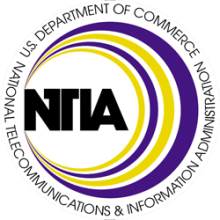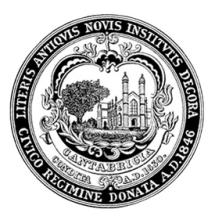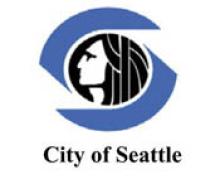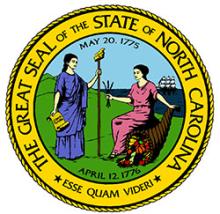Digital New England Community Broadband Summit Webcast Live
If you are not able to attend the Digital New England Community Broadband Summit in Portland, Maine, you are in luck. The conference is being webcast live from NTIA's Digital New England Community Broadband Summit website.
The conference will run until 4 p.m. Eastern today and is a collaboration between NTIA and Next Century Cities. NTIA describes the gathering:
The summit will present best practices and lessons learned from broadband network infrastructure buildouts and digital inclusion programs from Maine and surrounding states, including projects funded by NTIA’s Broadband Technology Opportunities Program (BTOP) and State Broadband Initiative (SBI) grant programs funded by the American Recovery and Reinvestment Act of 2009. The summit will also explore effective business and partnership models.
You can view the full agenda online [PDF], complete with a list of guest speakers and moderators.










